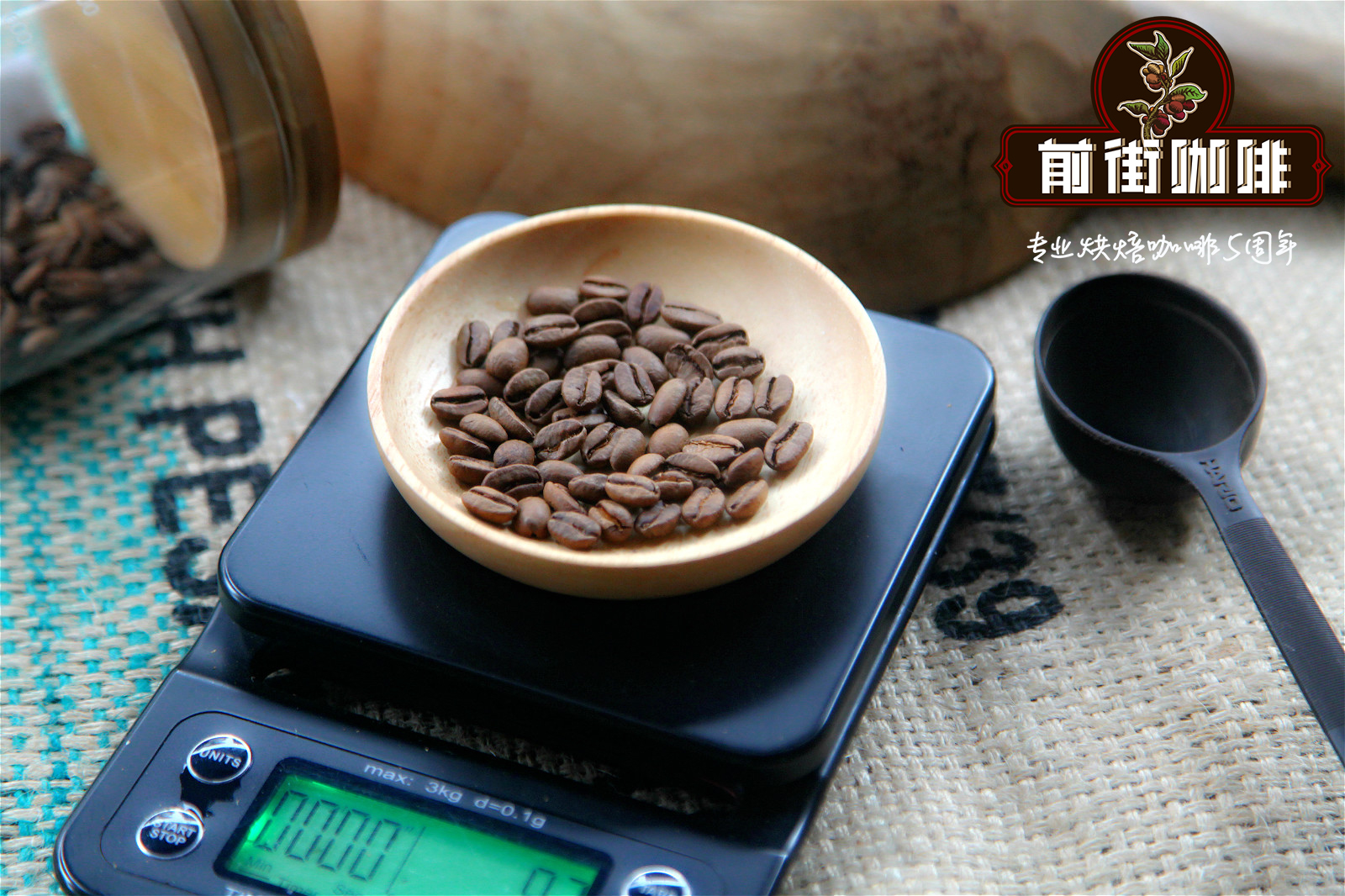What is coffee? Do you know anything about coffee? Do you know anything about coffee?
The word "coffee" comes from the Greek word "Kaweh", which means "strength and passion". All over the world, people like drinking coffee more and more. The "coffee culture" that follows is full of every moment of life. No matter at home, in the office, or on various social occasions, people are tasting coffee, which is gradually associated with fashion and modern life.
Coffee trees are native to the highlands of southwestern Ethiopia in Africa. It is said that more than a thousand years ago, a shepherd found that the sheep had eaten a kind of plant, became very excited and lively, and then discovered coffee. It is also said that a coffee forest was accidentally destroyed by a wildfire, and the smell of barbecue coffee attracted the attention of surrounding residents.
Local people often grind the fruit of the coffee tree and knead it with animal fat to make many ball-shaped balls. These indigenous tribes regard these coffee balls as precious food for those soldiers who are about to go out to battle. It was not until around the 11th century that people began to use boiled coffee as a drink. In the 13th century, Ethiopian troops invaded Yemen and brought coffee to the Arab world. Because the Islamic doctrine forbids people to drink alcohol, some religious people think that this kind of drink stimulates the nerves and violates the doctrine. Coffee shops were banned and closed for a time, but the Egyptian sultan thought that coffee was not against the doctrine, so the ban was lifted. Coffee drinks quickly became popular in the Arab region. The word coffee Coffee, which comes from the Arabic Qahwa, which means "plant drink", later spread to Turkey and became the source of the word in European languages. The method of growing and making coffee has also been continuously improved and perfected by the Arabs.
The cultivation and production of coffee in Kenya's AA in the 17th century has always been monopolized by Arabs. At that time, it was mainly used in medicine and religion, and doctors and monks admitted that coffee had the effects of refreshing, awakening, strengthening the stomach, strengthening the body and stopping bleeding. The use of coffee was documented at the beginning of the 15th century and was integrated into religious ceremonies during this period. At the same time, it also appeared in the folk as a daily drink. Because drinking was strictly forbidden in Islam, coffee became a very important social drink at that time.
In 1570, when the Turkish army besieged Vienna and failed to retreat, a bag of black seeds was found in the Turkish army's barracks. No one knew what it was. A Polish man who had lived in Turkey took the bag of coffee and opened his first coffee shop in Vienna. At the end of the 16th century, coffee began to spread into Europe on a large scale through Italy in the name of "Islamic wine". It is said that at that time, some Catholics thought coffee was a "devil's drink" and encouraged Pope Clemon VIII to ban it, but after the pope tasted it, he thought it was drinkable and blessed it, so coffee became more and more popular in Europe.
At first, coffee was expensive in Europe. Only aristocrats could drink coffee, and coffee was even called "black gold". Until 1690, a Dutch captain sailed to Yemen and got some coffee seedlings, which were successfully planted in Indonesia. In 1727, the wife of a diplomat in Dutch Guiana gave some coffee seeds to a Spaniard in Brazil, where he planted them with good results. The climate in Brazil is very suitable for coffee growth, and coffee has spread rapidly in South America since then. Coffee, which has fallen in price due to mass production, began to become an important drink for Europeans.

Important Notice :
前街咖啡 FrontStreet Coffee has moved to new addredd:
FrontStreet Coffee Address: 315,Donghua East Road,GuangZhou
Tel:020 38364473
- Prev

Yega Xuefen, Ethiopia,
As the hometown of coffee, thousands of years of planting history and processing tradition in Ethiopia have created high-quality washed Arabica beans. Yega Chefe is a small town located in the east of the East African Rift Valley. Nowadays, Yejasuffe refers to a kind of coffee variety and flavor. The so-called Yega Snow Flavor refers to strong aromas of jasmine, lemon or green citric acid, and peaches.
- Next

Do you know why the doctor told you to drink more water instead of coffee?
The word coffee comes from the Greek word Kaweh, which means strength and enthusiasm. All over the world, people like drinking coffee more and more. The coffee culture that follows is full of every moment of life. No matter at home, in the office, or on various social occasions, people are tasting coffee, which is gradually associated with fashion and modern life. Coffee tree is native to Africa and western Ethiopia.
Related
- Does Rose Summer choose Blue, Green or Red? Detailed explanation of Rose Summer Coffee plots and Classification in Panamanian Jade Manor
- What is the difference between the origin, producing area, processing plant, cooperative and manor of coffee beans?
- How fine does the espresso powder fit? how to grind the espresso?
- Sca coffee roasting degree color card coffee roasting degree 8 roasting color values what do you mean?
- The practice of lattes: how to make lattes at home
- Introduction to Indonesian Fine Coffee beans-- Java Coffee producing area of Indonesian Arabica Coffee
- How much will the flavor of light and medium roasted rose summer be expressed? What baking level is rose summer suitable for?
- Introduction to the characteristics of washing, sun-drying or wet-planing coffee commonly used in Mantenin, Indonesia
- Price characteristics of Arabica Coffee Bean Starbucks introduction to Manning Coffee Bean Taste producing area Variety Manor
- What is the authentic Yega flavor? What are the flavor characteristics of the really excellent Yejasuffi coffee beans?

